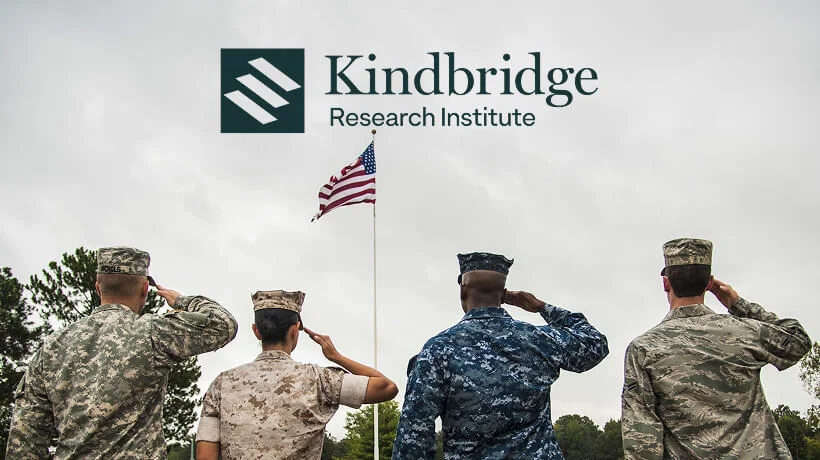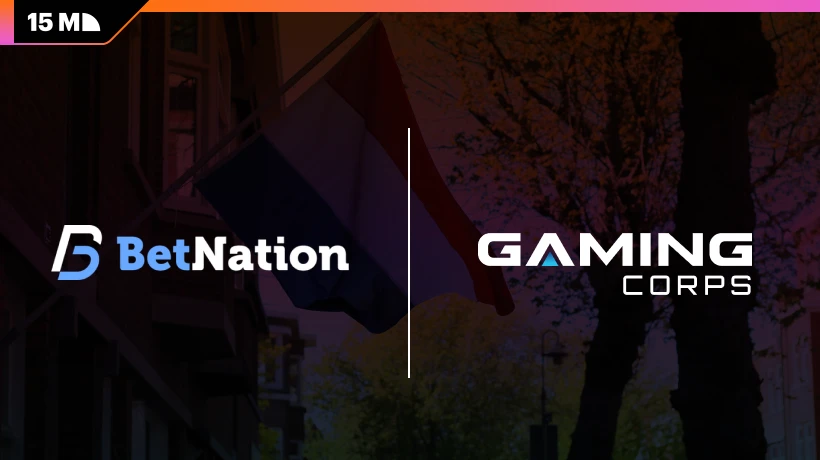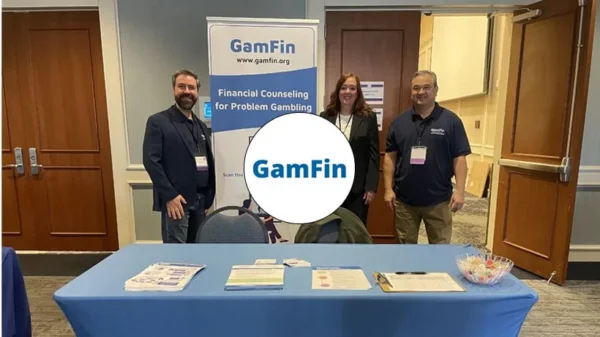The Kindbridge Research Institute just launched its Stigma Stand Down program across Colorado, and they’re not exactly newcomers to this space. They previously partnered with MGM Resorts and BetMGM to secure $100,000 for a gambling addiction medication trial in Las Vegas as part of their broader 50×4 Vets initiative.
Mark Lucia, who directs programming at KRI, puts it bluntly: “Stigma is a silent enemy that leaves our service members and veterans isolated.” The goal is to dismantle the shame that keeps people from seeking help.
Why Military Communities Need Special Attention
Gambling disorder in military populations is 3.5 times more common than among civilians. But the problem doesn’t stop there: PTSD, depression, and substance use create additional barriers. Stigma often prevents service members from accessing the care they need.
The program borrows from military safety stand-downs, where operations pause to focus on critical safety issues—except here, the focus is on mental health stigma. William Hinman, a peer support specialist at the Center of Excellence on Problem Gambling, appears in program videos: “People who call the helpline may see gambling as a financial solution,” he explains, noting that peer supporters share their own experiences so callers know they are not alone or judged.
What the Program Actually Offers
Colorado residents can access several free services through the initiative. Educational webinars cover mental health and gambling topics, while free telehealth therapy sessions are available through Kindbridge Behavioral Health.
Other features include targeted statewide outreach campaigns and a Gambling Self-Check screener that provides anonymous, immediate feedback.
Funding comes from multiple sources: grants from the Colorado Division of Gaming, contributions from FanDuel, plus research support from the University of Nevada Las Vegas and University of New Mexico.
How This Changes Military Mental Health Support
The timing coincides with the nationwide expansion of sports betting, which increases the need for prevention and treatment programs. What sets this initiative apart is its evidence-based care tailored to military realities rather than generic mental health approaches.
Confidential telehealth removes concerns about command structures discovering therapy participation, while the peer support component allows veterans to speak with fellow veterans. That peer element helps break down barriers that traditional therapy often cannot address.







